
What if everything you can be certain of is an illusion pixels on the cosmic screen? The notion that reality may be a sophisticated simulation, a staple of science fiction, is now seriously considered by physicists and philosophers. The theory of simulation, made popular in films such as ‘The Matrix,’ has moved from popular culture to the heart of scientific and philosophical debate.
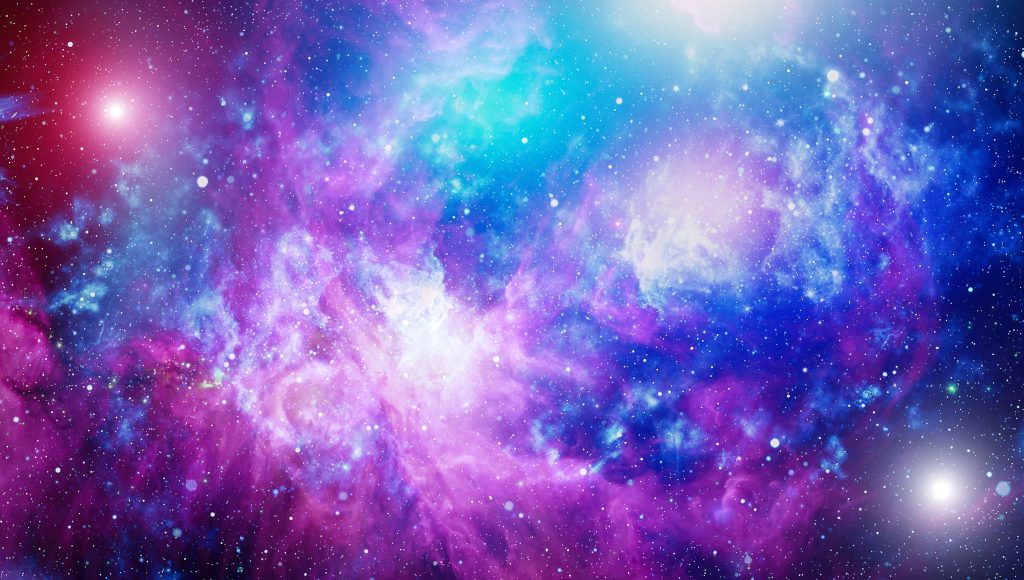
This article explains how the idea of a simulated world is reshaping philosophy, and the limits of physics, technology, and even our understanding of consciousness. From the original skepticism to new experiments in quantum mechanics, the following are seven ways the simulation hypothesis is reshaping our search for reality.

1. Descartes’ Doubt and the Origin of Simulation Skepticism
Before the existence of computers, René Descartes had posed a revolutionary question: how can we ever be sure that anything at all exists outside our own minds? His maxim, “I think, therefore I am,” gave us a platform in a universe which might otherwise be unreal. Descartes’ rigorous methodic skepticism, according to him, was precipitated by the fact that “our senses can sometimes deceive us without our being aware of it implies that they can deceive us at all times.”
This philosophical skepticism is the foundation of contemporary simulation theory. If all experience could in principle be simulated or manipulated, then the awareness of one’s own consciousness is the sole indubitable truth. The simulation hypothesis, in a sense, is a digital-era echo of Descartes’ vintage skepticisms.
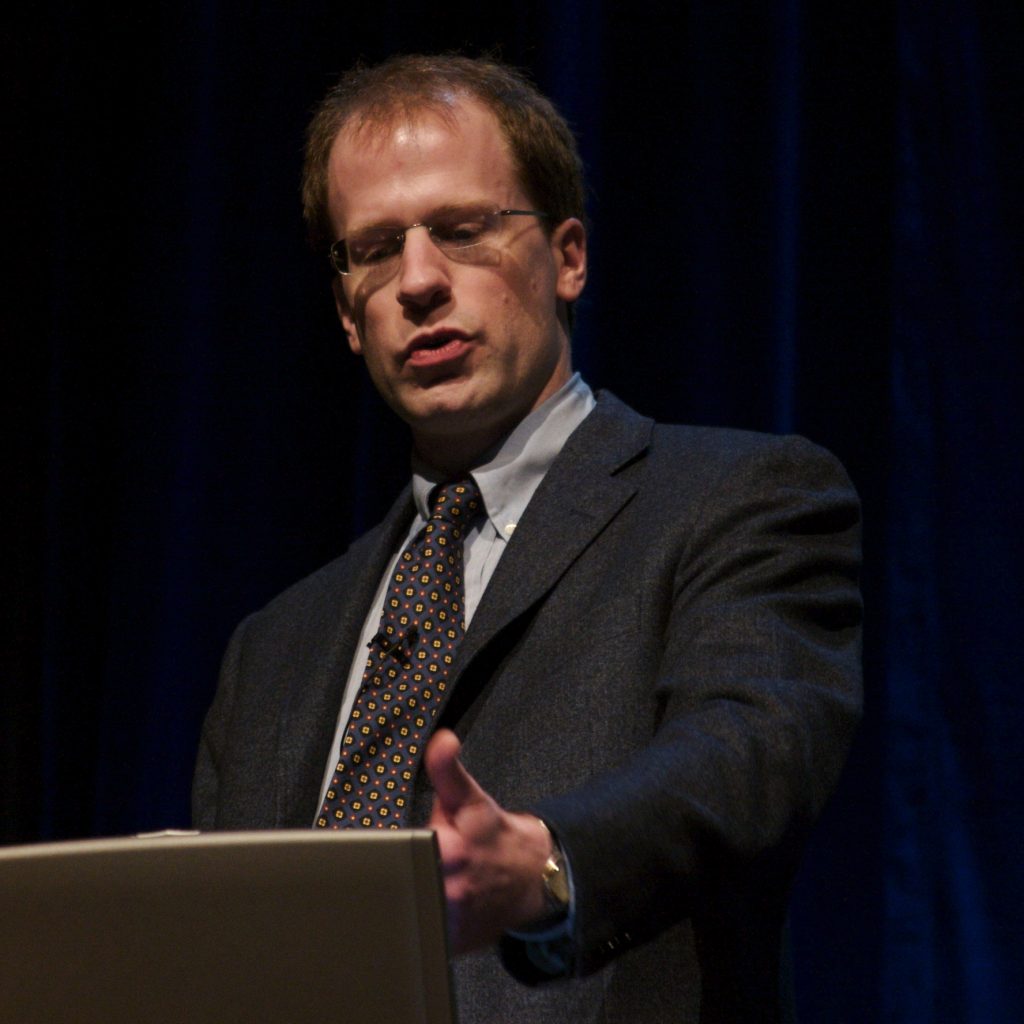
2. Bostrom’s Simulation Argument: Probability and Posthuman Power
Oxford philosopher Nick Bostrom added gravity to the argument in his 2003 paper, asserting that if it’s possible for more advanced civilizations to gain incredible quantities of computing power, they might be capable of simulating an infinite number of their ancestors. As Bostrom explained, “the posthuman civilization has available to it an enormous amount of computing power, and it can devote only a very small part of it to ancestor simulations.”
Bostrom’s logic is unsettling: if simulated minds vastly outnumber biological ones, it becomes statistically likely that any given mind including yours is simulated. This argument has captivated not only philosophers but also tech leaders like Elon Musk, who famously said there’s “a billion to one chance we’re living in base reality.”
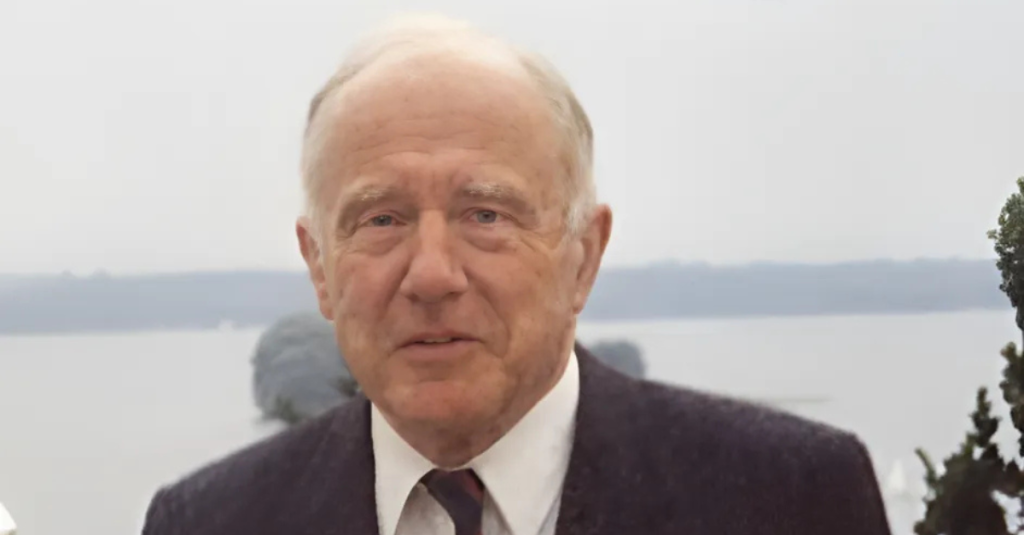
3. The “It-from-Bit” Revolution: Information as the Fabric of Reality
Physicist John Archibald Wheeler’s saying, “it from bit,” demonstrates profound paradigm change: the beginning of the universe is not material, but information. Wheeler stated, “every it every particle, every field of force, even the spacetime continuum itself derives its function, its meaning, its very existence entirely. from the apparatus-elicited answers to yes-or-no questions, binary choices, bits.”
This has prompted physicists and philosophers to ask whether physical laws are akin to algorithms and if life is a vast computational process. David Chalmers goes one step further and says that, if the universe can be informational, it is possible that a simulated reality can be as logical and purposeful as a “real” one.
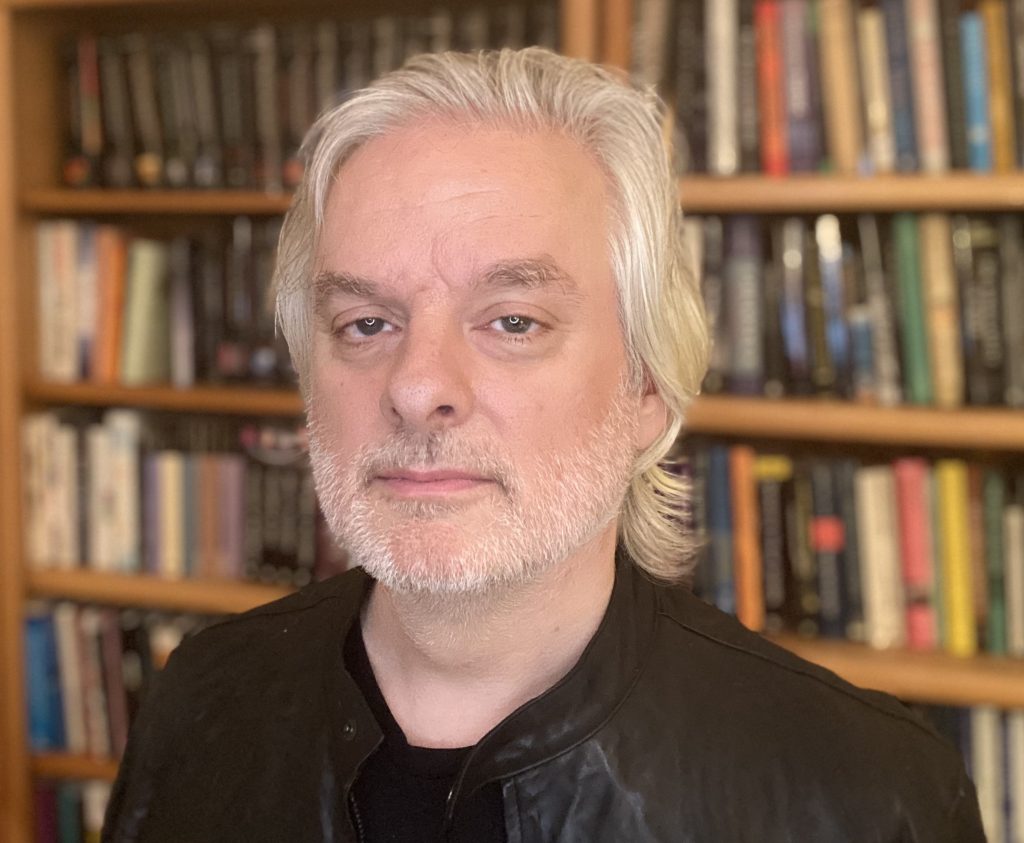
4. Consciousness in a Simulated World: The Chalmers Approach
If the world is simulated, what does it say about consciousness? Philosopher David Chalmers is of the view that consciousness may eventually arise out of information processing, whether a living brain or a simulated environment. He presents, “even in a simulated universe, conscious experiences would be just as real to the beings experiencing them as they are in a ‘non-simulated’ universe.”
This view erases the line between simulated and biological minds, and it raises extremely deep questions of identity, ethics, and what experience is. If simulated consciousness can exist, then the distinction between “real” and “virtual” is not merely philosophical, but existential.
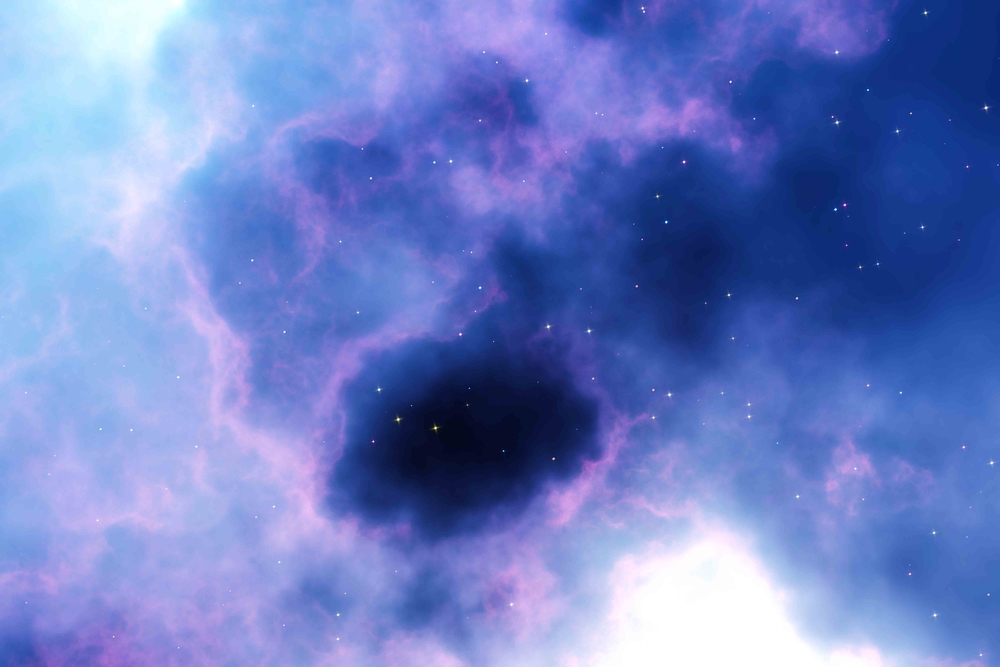
5. Physics and the Limits of Understanding: Cosmic Rays and Quantum Mysteries
Particle astrophysics and quantum mechanics advances hold seductive clues and confounding mysteries. The University of Utah Cosmic Ray Research program, for example, investigates ultra-high energy cosmic rays (UHECRs) that “can simultaneously enlighten our knowledge of the most violent processes in the Universe and of particle physics beyond the energy available to ground-based accelerators.”
But as physicist John N. Matthews suggests, “They’re coming from nowhere or everywhere. So either there’s something we don’t understand or [we explore] other possibilities.” The apparently capricious nature of quantum phenomena, such as Wheeler’s delayed-choice experiment, also test our convictions in an objective, observer-independent reality. These mysteries lead us to indulge in the hope that the laws of our reality are a result of more fundamental, information-based processes.
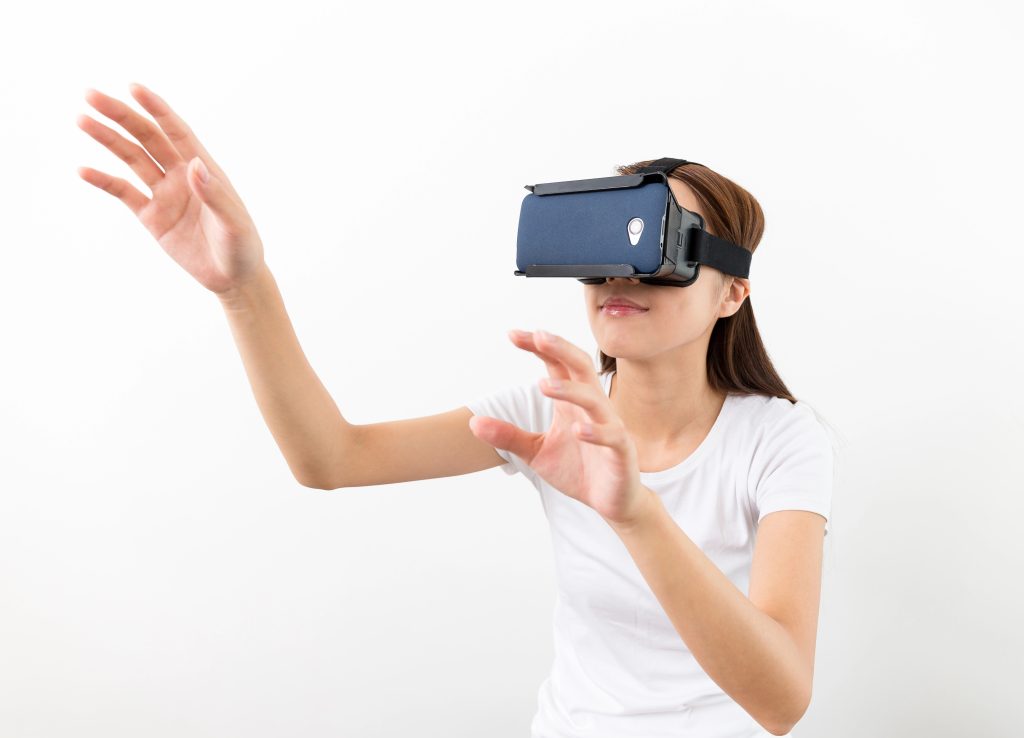
6. Technological Trajectories: From Virtual Reality to AI Consciousness
The rapidity of technological advancements adds fresh urgency to the simulation hypothesis. MIT PlayLabs creator Rizwan Virk reports having played a computer game of virtual reality so realistic that he forgot the world momentarily a reminder of how easily consciousness is fooled by sophisticated simulations. NASA’s Rich Terrile asserts, “We are within a generation of being those gods who create those universes.”
The possibility of artificial intelligence becoming conscious adds yet another level of complexity to the equation. If conscious AI is something that can be created by humans, the potential for creating simulated worlds full of conscious animals shifts from science fiction into plausible near-future prospect.
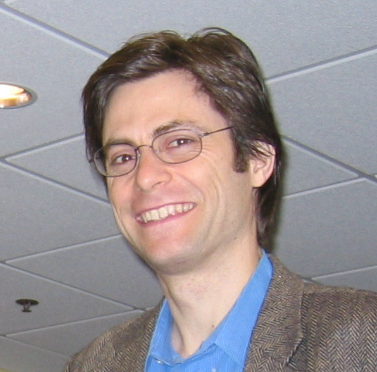
7. Philosophical Divides and the Enduring Mystery
As arguments mount, not many are persuaded. MIT physicist Max Tegmark is firm on, “Is it logically possible that we are in a simulation? Yes. Are we probably in a simulation? I would say no”. Harvard’s Lisa Randall still says there’s no “real evidence” of the simulation hypothesis. Even skeptics would concede, though, that the universe is home to many mysteries and our understanding of reality is far from adequate. The simulation question is therefore not a technological or philosophical question it is a question of the limits of human knowledge and the endless quest for what is real.
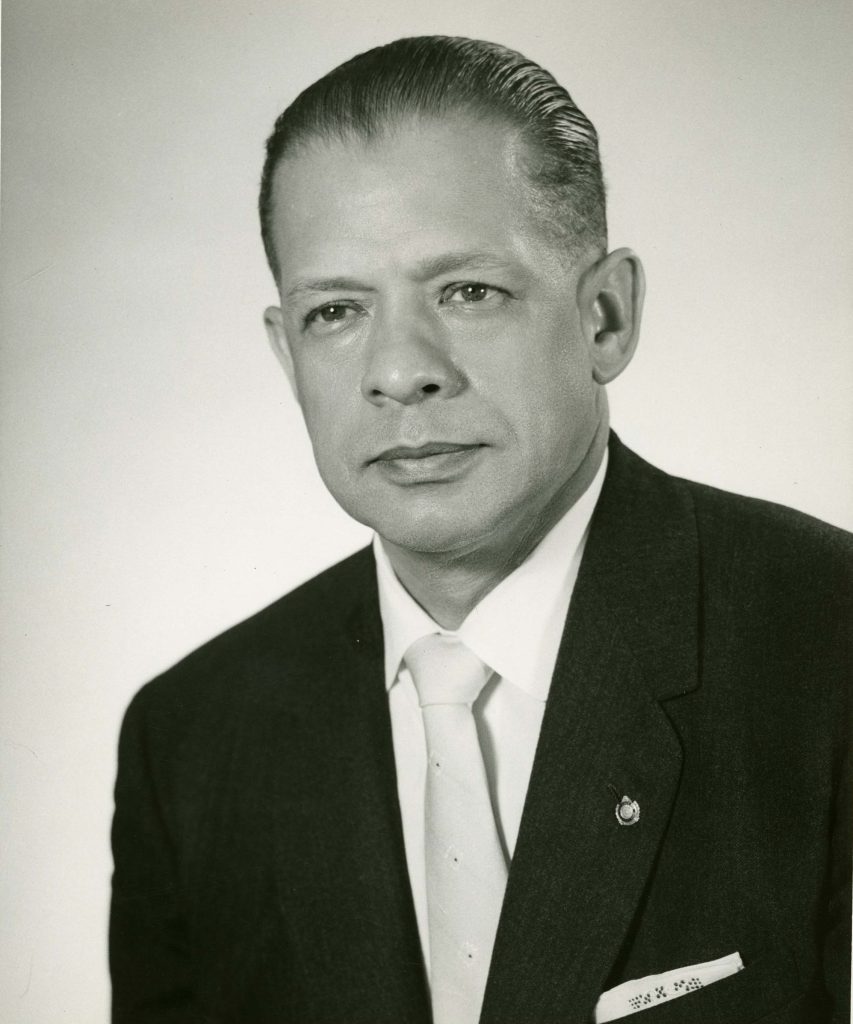
The simulation hypothesis is the crash of technology, philosophy, and science that challenges humanity to rethink the very fabric of reality. Whatever the universe is or isn’t, the argument has brought about a questioning, experimental, magnificent renaissance. As John Wheeler so eloquently phrased it, “As the island of our knowledge grows, so does the shore of our ignorance.” To those curious about the secrets of the universe, the simulation hypothesis is a door in the door and not the door.


